
What is the difference between primary crushing and secondary crushing of heavy calcium powder
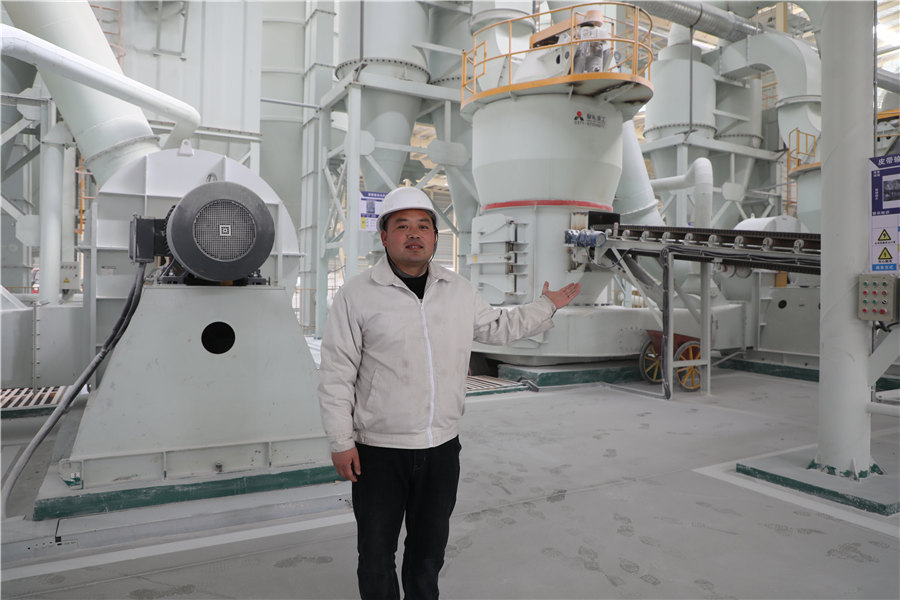
Primary and Secondary Crushing: Understanding the
2023年2月28日 Primary and secondary crushing are the two most common types of crushing operations The primary crusher reduces the size of the materials to the size that can be processed by the secondary crusher, while 2023年2月28日 A primary crusher is the initial stage of the crushing process that reduces large rocks or stones into manageable sizes Secondary crushers, on the other hand, take smaller rocks or stones and further break them down into Primary vs Secondary Crushers: Understanding the 2021年1月10日 Primary crushing is the first stage of material reduction and can sometimes be the only stage needed to generate the desired product for a job Depending on the setup, primary crushing will take the larger material that has What Is Primary, Secondary, and Tertiary Crushing?2024年7月17日 Primary crushing breaks down large raw materials into mediumsized pieces for easier handling in subsequent processes Next, secondary crushing reduces the material to smaller sizes Finally, if needed, tertiary Types of Crushers: Choosing the Right One for Each
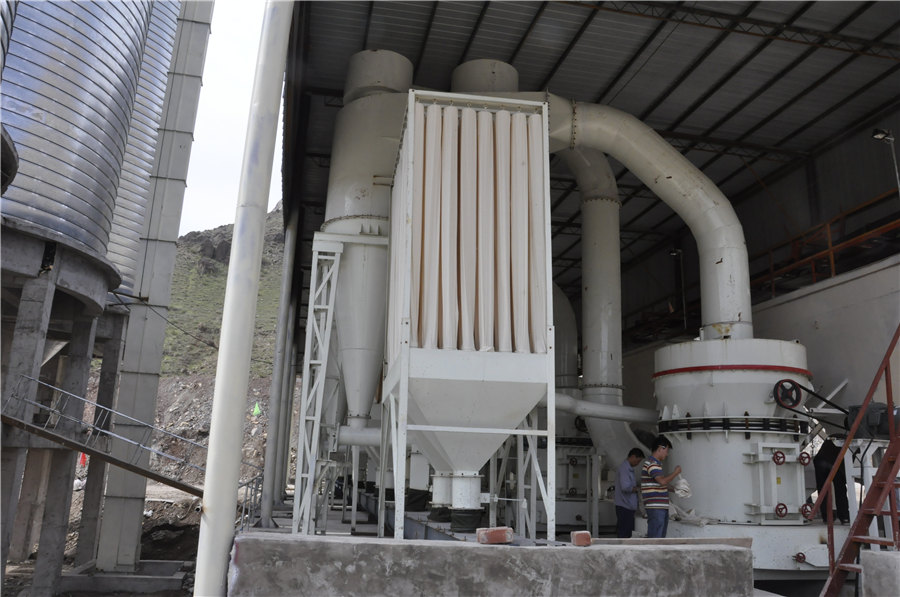
Primary Crusher an overview ScienceDirect Topics
The primary coal crushers may be of different types such as: (1) coal jaw, (2) coal hammer, and (3) ring granulator Secondary coal crusher: Used when the coal coming from the supplier is Primary crushing brings runofmine ore down to a maximum size of the order 4″ to 6″ in average diameter; secondary crushing receives feed at −6″ and reduces it to below “Dry” crushing Primary Crushing SpringerLink2021年4月12日 Secondary crushing (or intermediate crushing) accepts the material from the primary crushing stage and reduces it even further, whether for final product sizing or in preparation for final product sizing in the tertiary or Downstream Crushing Options for Secondary, Tertiary 2024年7月17日 Primary crushing breaks down large raw materials into mediumsized pieces for easier handling in subsequent processes Next, secondary crushing reduces the material to smaller sizes Finally, if needed, tertiary Types of Crushers: Choosing the Right One for Each
.jpg)
Crushers and Their Types IspatGuru
2015年4月3日 It is usually employed for primary crushing with a reduction ratio of 6 to 1 Compression Feed is entering to crusher from the top and lumps are crushed between jaws Jaw crushers are heavy duty machines and hence 2023年3月14日 Primary crushing and secondary crushing are two stages of crushing in the processing of ores and What is the difference between impact crusher and jaw crusher? How to work a roller grinding What is primary crushing and secondary crushing?2, cone crusher Cone crusher is the use of crushing cone in the shell cone cavity in the rotation of the movement, the material extrusion, splitting and bending effect, crushing all kinds of rocks, only suitable for crushing or fine crushing operation of crushing machineryDifference between primary and secondary crusher2024年9月6日 This is where downstream crushing with secondary, tertiary and quaternary stages comes in Secondary Crushing Secondary crushing (or intermediate crushing) accepts the material from the primary crushing stage and reduces it even further, whether for final product sizing or in preparation for final product sizing in the tertiary or quaternary What Is Primary, Secondary, and Tertiary Crushing?
.jpg)
SIZE REDUCTION BY CRUSHING METHODS ResearchGate
2017年3月4日 Crushing is classified into Primary and Secondary Crushing Balasubramanian [8] The finer the ore, the higher the cost and finer grinding usually results in improved value recovery2015年7月25日 Open Circuit Crushing In this sector on Secondary and Tertiary crushing, we will continue the practice of talking about different equipment, the work it does, and the effects of what I call operating variables These variables are anything that affect the performance of the equipment Lets begin with an over view of these two crushing stagesSecondary Tertiary Crushing Circuits 911Metallurgist2021年3月25日 The primary crushing stage at the top of the machine and the secondary stage at the bottom of the machine both consist of a doubleroll arrangement Due to the feed opening and design of the top stage, these types of Roll Crushers What Type of Crusher Is Best for Primary Crushing? McLanahan2017年6月19日 Main Difference – Primary vs Secondary Active Transport Active transport is the movement of molecules across the cell membrane against the concentration gradient with the assistance of enzymes and usage of cellular energy Active transport is divided into two types known as primary and secondary active transport depending on the source of energy used in Difference Between Primary and Secondary Active Transport
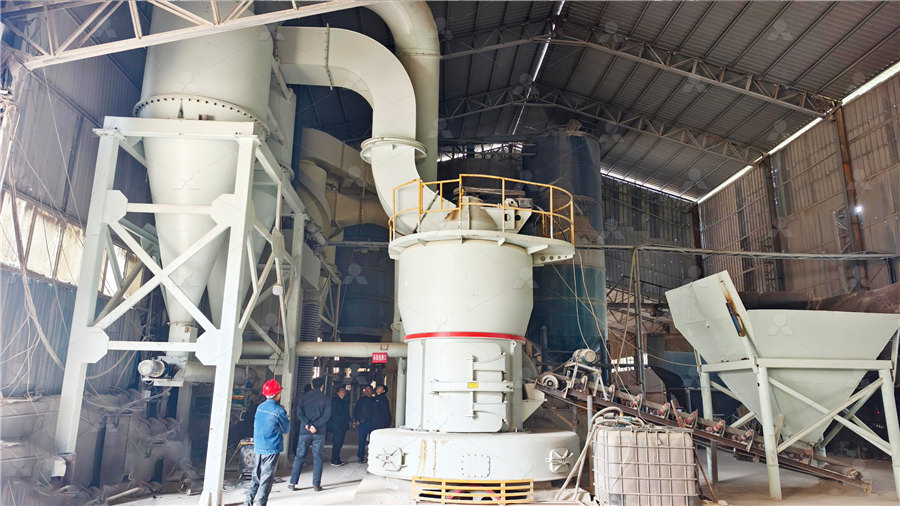
Gyratory Crusher vs Cone Crusher: What's the Difference?
2023年2月23日 When it comes to crushing equipment in the mining industry, two popular options are gyratory crushers and cone crushers While both types of crushers are designed to crush rock and other materials, there are significant differences between them In this article, we'll explore the key differences between gyratory crushers and cone crushers, as well as their 2016年2月26日 Following the curve down to the 15″ line, we find that 43% of the primary crusher output may be expected to pass this screen opening; 57% will be retained, which means that we must provide secondary crushing capacity to take care of 57 tons for each 100 tons fed to the primary crusherCrushing Products Size and Shape What to Expect2023年12月12日 While they may seem similar at first glance, there are fundamental differences between the two In this article, we will explore the distinctions between grinding and crushing, examining the processes, equipment used, and applications in different industries By delving into these nuances, we hope to provide a comprehensive understanding of the What Is The Difference Between Grinding And Crushing?2023年3月30日 The working part of a jaw crusher consists of two jaw plates, one is a fixed jaw plate (fixed jaw), which is vertically (or slightly outwardly inclined at the upper end) fixed to the front wall of the machine body, and the What Is The Difference Between PE Jaw Crusher And

Open or Closed Circuit Crushing 911Metallurgist
2016年3月1日 The factors governing the determination of capacity for any open circuit crushing stage are much the same as those we outlined in connection with the secondary stage In a properly designed crushing plant, excepting those plants which bypass a portion of the pitrun around the head end of the flow line and inject this fraction back into the system at one of the 2021年7月6日 Crushing and grinding are known as comminution procedure where the major operations are intensively related to liberation and reduction of particle size by means of different minution a Heart of Mineral Processing ResearchGateTypically, the minimum setting on most primary crushers will be about 4 to 6 inches, as noted above Compressionstyle jaw, cone, impact crushers, and gyratory crushers are most often appropriate as primary crushing equipment types, though there can be overlap between primary and secondary crushers as far as suitable types 2 Secondary CrushingTypes of Rock Crushers Quarry Crushing Equipment Kemper%PDF16 %âãÏÓ 4215 0 obj > endobj 4235 0 obj >/Encrypt 4216 0 R/Filter/FlateDecode/ID[87C03FABF6FB2246BC4F9AB649B4B217>]/Index[4215 26]/Info 4214 0 R/Length 101 AusIMM – Leading the way for people in resources
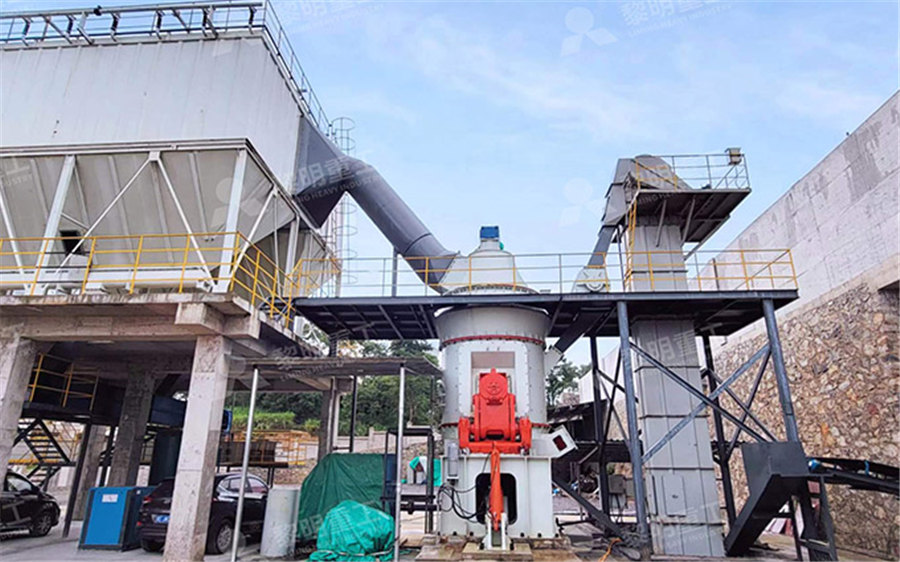
Crushing 101 – Different types of crushers for distinctive needs
2020年12月17日 These different types of impact crushers share the crushing principle, impact, to reduce the material to smaller sizes, but features, capacities and optimal applications are far from each other Horizontal shaft impact crushers are 2024年7月15日 Although their common and basic function is reducing large size of rock into small size, they are applied to different crushing stages like primary, secondary, tertiary, quaternary stages It is necessary to clarify what are the differences between all crusher types because any of them can maximize their value only in an optimal environmentWhat Are the Differences Between The 7 Types of Crushers?2020年11月8日 Horizontal Shaft Impactors The Prisec™ crusher range can be configured to operate in application areas such as quarrying and recycling, in either primary or secondary crushing mode Sandvik’s patented design gives you amazing adaptability, ensuring you keep pace with everchanging production requirementsCrusher; Crushing; and Classification Equipment PPT SlideShare2015年12月26日 In mineral processing or metallurgy, the first stage of comminution is crushing Depending of the type of rock (geometallurgy) to be crushed, there are 2 largely different techniques at your disposition for Crushing in Mineral Processing 911Metallurgist
.jpg)
What is Primary, Secondary and Tertiary Crushing?
2022年6月27日 Secondary crushing is the second stage of material processing after the first crushing After that, the product to be crushed will pass through a second crusher or a cone crusher, which is 2019年9月2日 PRIMARY CRUSHING: MOBILE IMPACT CRUSHERS Impact crushing is totally different from pressure crushing In impact crushing, feed material is picked up by a fast moving rotor, greatly accelerated and smashed PQ University Lesson 7: Crushing Secondary Primary crushing brings runofmine ore down to a maximum size of the order 4″ to 6″ in average diameter; secondary crushing receives feed at −6″ and reduces it to below “Dry” crushing includes work on ore as mined, which may be somewhat moist when delivered It is succeeded by comminution in water, arbitrarily called “grinding”Primary Crushing SpringerLink2012年10月15日 Oversize materials from the scalping screen are usually conveyed to the secondary or tertiary crusher for further reduction Usually, the secondary crusher is followed by a sizing screen which separates the material, with the top deck material being returned, via conveyor, to the secondary crusher for another passCrushing and Screening AggNet
.jpg)
The Effects of Blasting on Crushing and Grinding Efficiency and
In figure 2 the powder factor and reduction in crushing and grinding energy cost are presented Also plotted, on the second yaxis, is the increase in explosives costs associated with the decreasing work index For each work index and associated powder factor the feed size to primary crushing is assumed to be 30 cmWe will also find out what a primary crusher does, why it’s important, and the different types of primary crushers that can help increase crushing efficiency A primary crusher breaks up large pieces of rock or concrete from the blasting or excavation process and turns them into smaller, more manageable chunksWhat is a Primary Crusher? Machinery Partnermineral processing, art of treating crude ores and mineral products in order to separate the valuable minerals from the waste rock, or gangue It is the first process that most ores undergo after mining in order to provide a more concentrated material for the procedures of extractive metallurgyThe primary operations are comminution and concentration, but there are other Mineral processing Metallurgy, Crushing Grinding BritannicaSecondary porosity is the additional porosity acquired after the original rock formation process (Figure 11) A rock that is fractured or weathered (including solutioned) after its initial formation has secondary porosity Whether the porosity is primary or secondary, the combined properties are included in the effective porosity33 Primary and Secondary Porosity – Hydrogeologic Properties
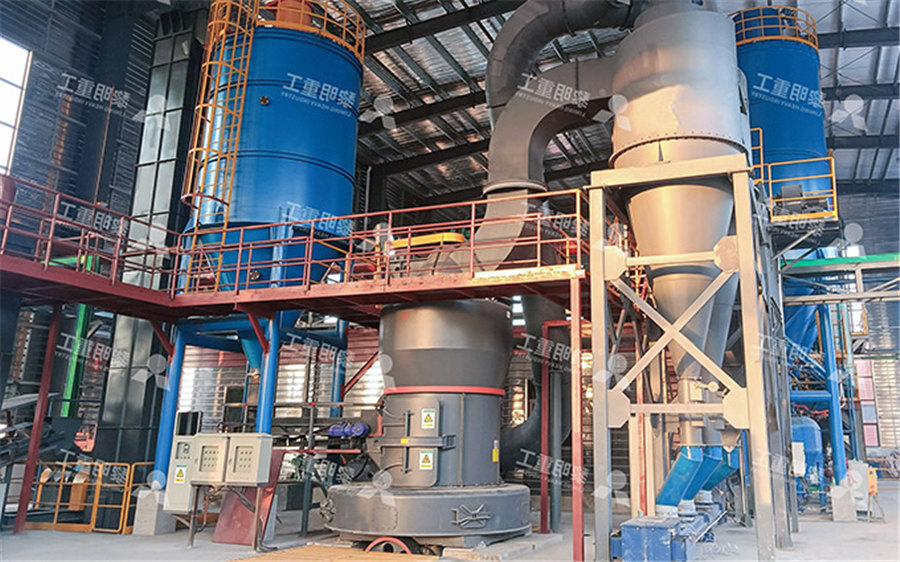
Different types of crushing equipments Constro Facilitator
2020年5月6日 Different types of crushers There are three types of crushers Types of crusher depend on the feeding method These are Primary crusher, Secondary crusher and Tertiary crusher The primary crusher is only for the breaking of large stones into pieces (this means primary crusher is not for the aggregate size material)2024年7月17日 Primary crushing breaks down large raw materials into mediumsized pieces for easier handling in subsequent processes Next, secondary crushing reduces the material to smaller sizes Finally, if needed, tertiary Types of Crushers: Choosing the Right One for Each 2015年4月3日 It is usually employed for primary crushing with a reduction ratio of 6 to 1 Compression Feed is entering to crusher from the top and lumps are crushed between jaws Jaw crushers are heavy duty machines and hence Crushers and Their Types IspatGuru2023年3月14日 Primary crushing and secondary crushing are two stages of crushing in the processing of ores and What is the difference between impact crusher and jaw crusher? How to work a roller grinding What is primary crushing and secondary crushing?
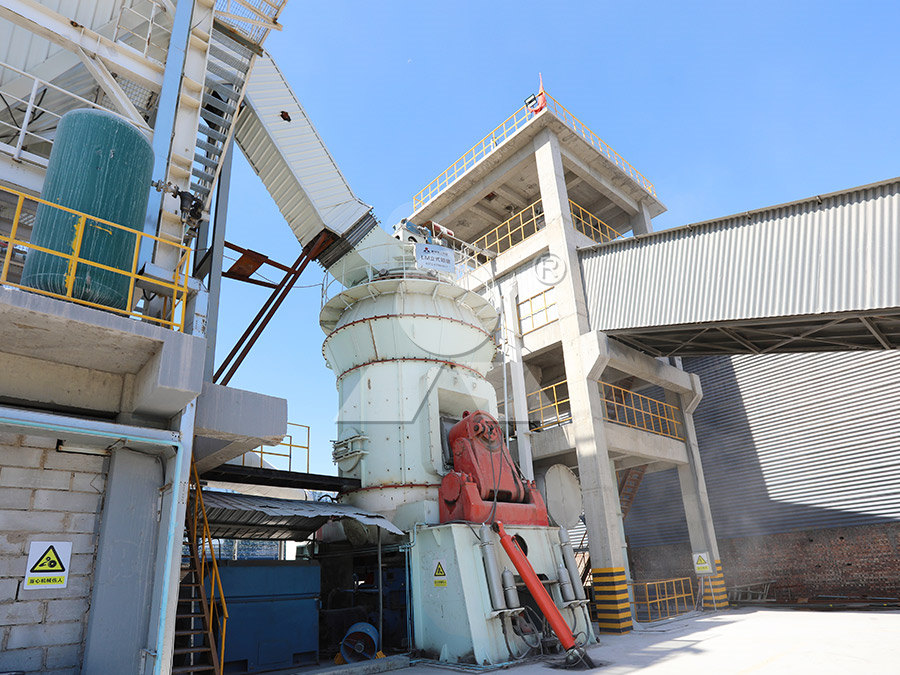
Difference between primary and secondary crusher
2, cone crusher Cone crusher is the use of crushing cone in the shell cone cavity in the rotation of the movement, the material extrusion, splitting and bending effect, crushing all kinds of rocks, only suitable for crushing or fine crushing operation of crushing machinery2024年9月6日 This is where downstream crushing with secondary, tertiary and quaternary stages comes in Secondary Crushing Secondary crushing (or intermediate crushing) accepts the material from the primary crushing stage and reduces it even further, whether for final product sizing or in preparation for final product sizing in the tertiary or quaternary What Is Primary, Secondary, and Tertiary Crushing?2017年3月4日 Crushing is classified into Primary and Secondary Crushing Balasubramanian [8] The finer the ore, the higher the cost and finer grinding usually results in improved value recoverySIZE REDUCTION BY CRUSHING METHODS ResearchGate2015年7月25日 Open Circuit Crushing In this sector on Secondary and Tertiary crushing, we will continue the practice of talking about different equipment, the work it does, and the effects of what I call operating variables These variables are anything that affect the performance of the equipment Lets begin with an over view of these two crushing stagesSecondary Tertiary Crushing Circuits 911Metallurgist
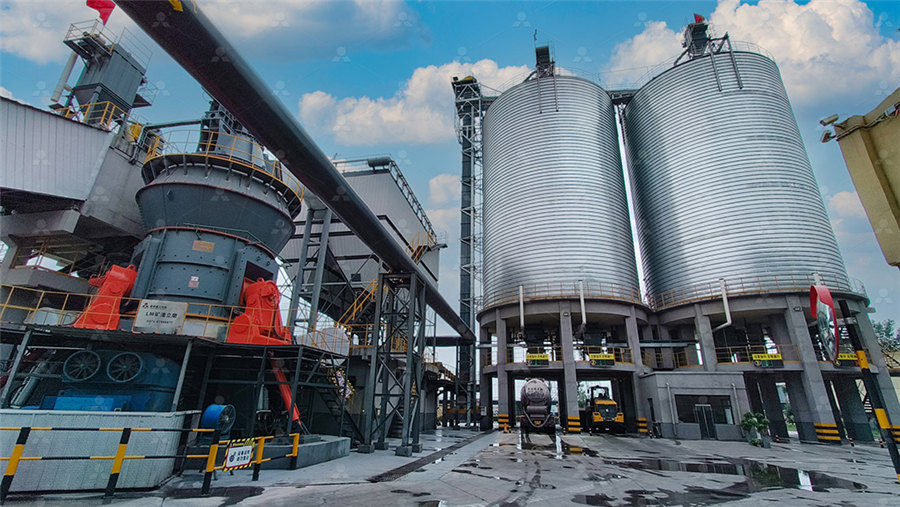
What Type of Crusher Is Best for Primary Crushing? McLanahan
2021年3月25日 The primary crushing stage at the top of the machine and the secondary stage at the bottom of the machine both consist of a doubleroll arrangement Due to the feed opening and design of the top stage, these types of Roll Crushers 2017年6月19日 Main Difference – Primary vs Secondary Active Transport Active transport is the movement of molecules across the cell membrane against the concentration gradient with the assistance of enzymes and usage of cellular energy Active transport is divided into two types known as primary and secondary active transport depending on the source of energy used in Difference Between Primary and Secondary Active Transport2023年2月23日 When it comes to crushing equipment in the mining industry, two popular options are gyratory crushers and cone crushers While both types of crushers are designed to crush rock and other materials, there are significant differences between them In this article, we'll explore the key differences between gyratory crushers and cone crushers, as well as their Gyratory Crusher vs Cone Crusher: What's the Difference?













